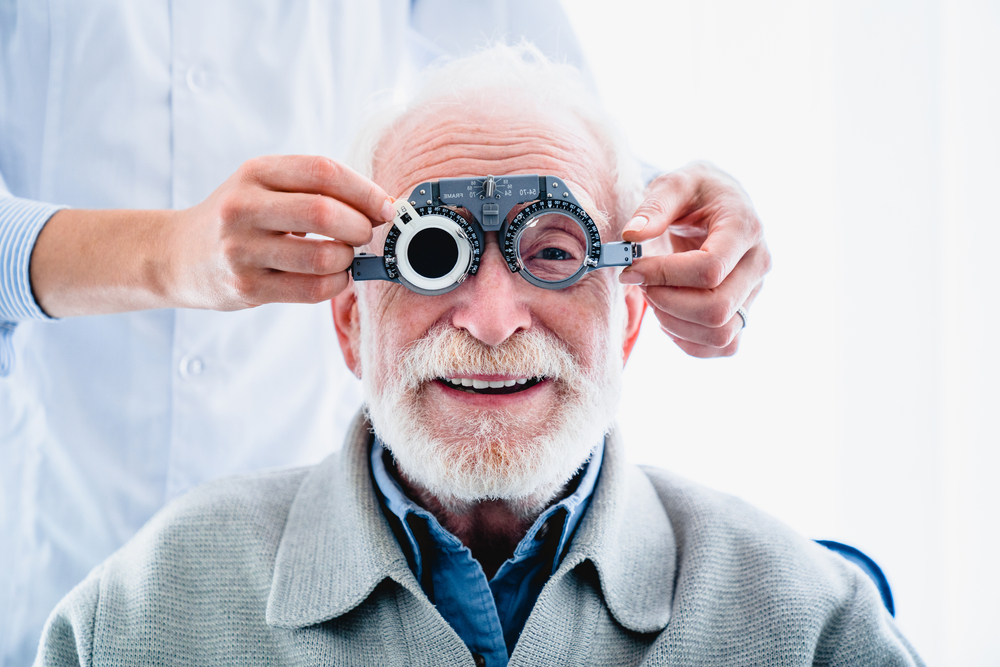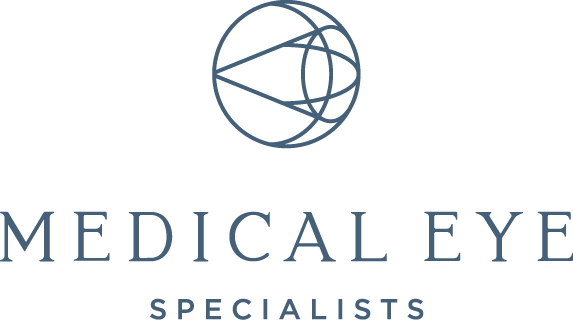
Your Eyes are a Window to Your Overall Health
Your eyes are connected to many other systems in your body, which means your eye health and your overall health are also connected. In fact, your eye exam can provide insight into underlying health conditions throughout your body. This is one of the many reasons comprehensive eye exams are so important. In addition to testing and correcting your vision, your doctor will also evaluate your ocular health, looking at the blood vessels, retina and optic nerve.
Serious conditions, which may not even have symptoms, can be detected through a comprehensive eye exam:
- Changes to the retinal blood vessels can cause concern for high blood pressure, which may put you at increased risk of stroke or heart attack.
- Diabetes can be detected in the eyes, even before it is formally diagnosed, due to vascular damage caused by high blood sugars over time.
- Ocular melanoma, which can be life-threatening, can be detected with a routine eye exam.
- Loss of peripheral vision, abnormal eye movements or double vision may be caused by neurologic disease.
- The eyelids are a common location for skin cancers. Your eye doctor is able to evaluate any eyelid lesions at your routine eye exam.
- Many systemic issues including strokes or aneurysms, autoimmune disorders, thyroid disease, sickle cell disease, liver disease, multiple sclerosis or Parkinson’s disease may present as eye or vision symptoms.
Staying healthy is vital to maintaining eye health and your best possible vision. Because many health conditions can be identified during your eye exam, it is critical to have eye exams at routine intervals. The American Academy of Ophthalmology recommends that adults with no signs or risk factors for eye disease should receive a baseline eye evaluation at age 40. Age 40-54, every 2 to 4 years. Age 55 to 64, every 1 to 3 years. Age 65 and over, without risk factors, should be examined every 1 to 2 years. Those patients with eye disease or those at risk for eye disease will need to be seen at a more frequent interval.
Do you have a comprehensive eye exam scheduled with us? Let’s get one on the calendar.
Comprehensive Eye Care
From routine eye care to medical and surgical eye treatment, our ophthalmologists and optometrists are focused on your vision and the health of your whole eye.



